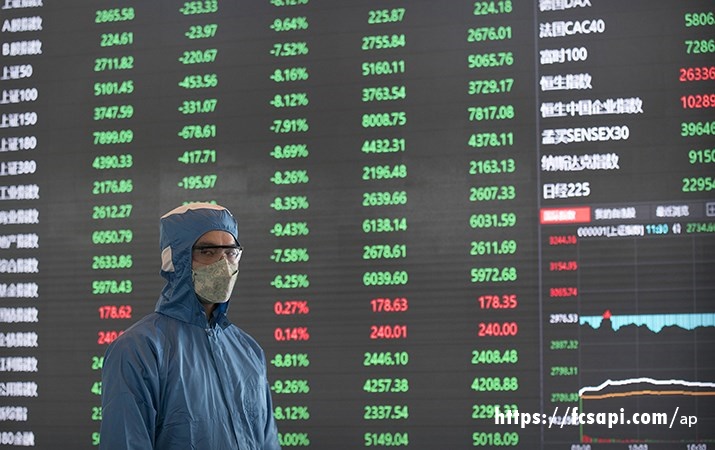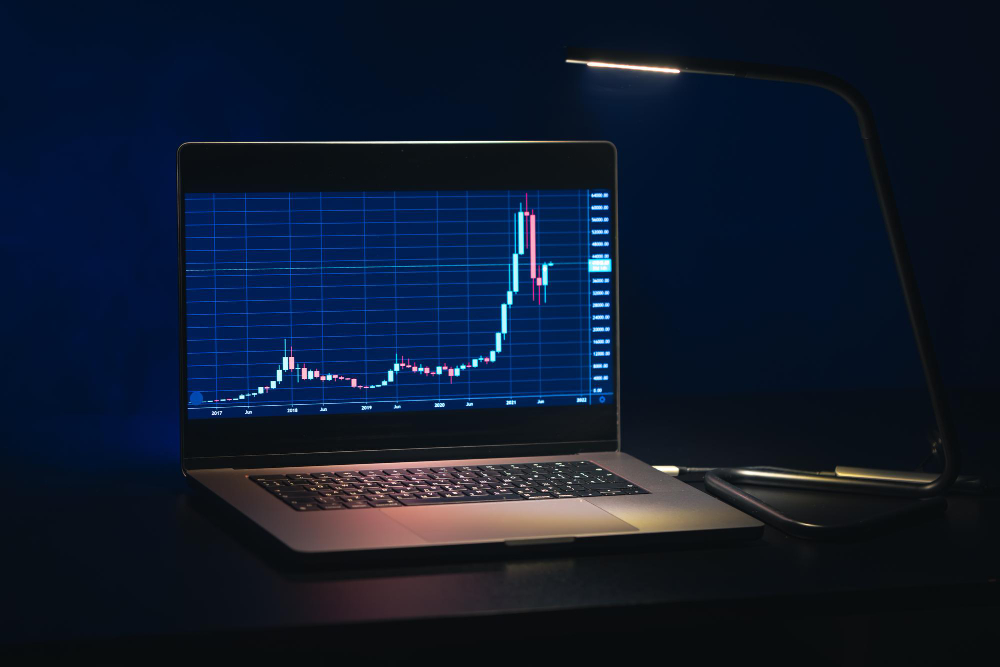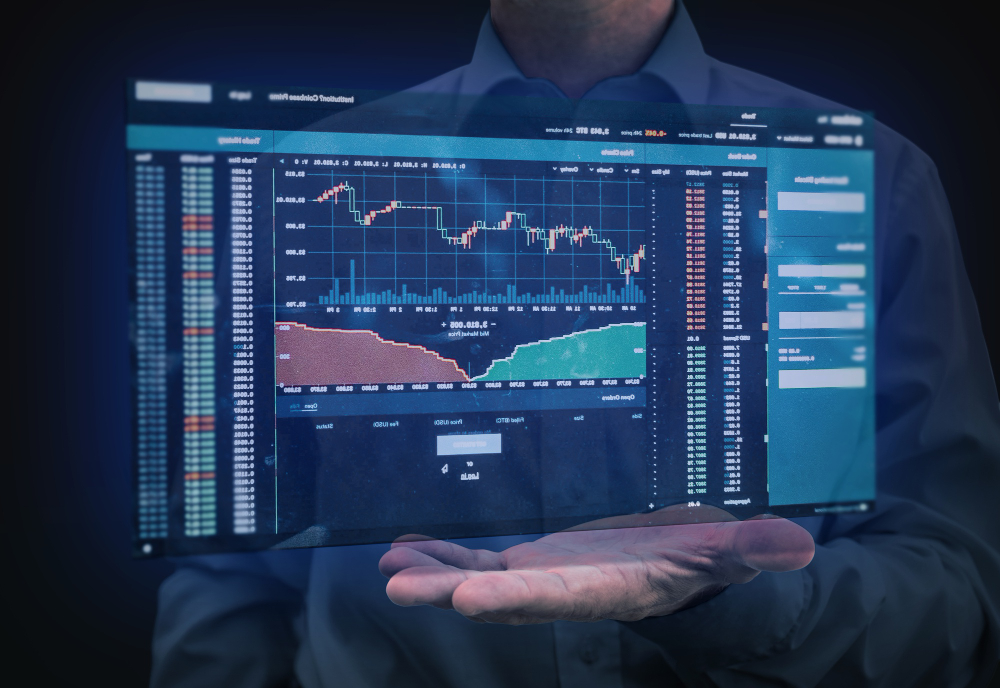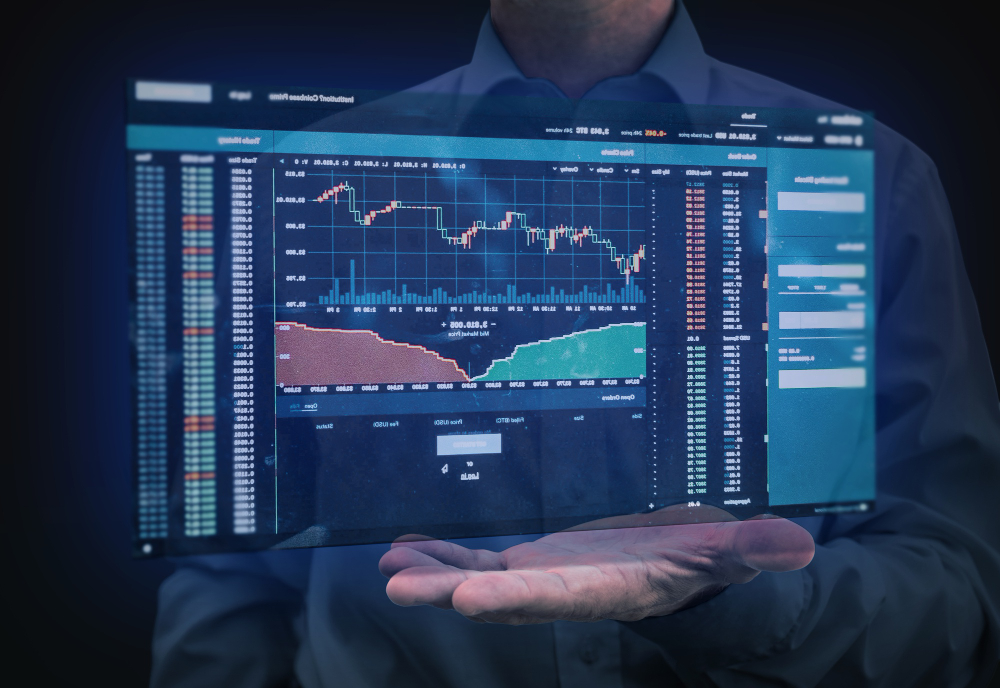A crisis on this scale can restructure society and the financial market in spectacular ways, for better or worse. Further to an inconstant stock market, global GDP expansion has begun to slow down in response to the epidemic. As travelers are advised to live at the home, demand in associated industries has diminished. Current supply chains have also begun wavering. If the coronavirus remains to spread and catches up the level of a pandemic, the issues above could definitely get worse. For one, governments would probably have to stop people from assembling in large numbers, temporarily turn off the airports, malls, schools, and factories. Fcsapi offers Stock API with real-time or historical data information on financial assets that are currently being traded in the global markets.
And because travel would all be stopped, hotels, cruise ships, airlines, and other travel-related companies would experience major casualties that can’t be recovered. That could spell particular problems for the U.S., where most economic activity comes from service manufacturing. Even so, the influence thus far hasn’t been exceptional, so it’s hard to predict what might take place.
With all this said, what can you indeed do to secure your money? “This viral of coronavirus globally explosion has produced the apotheosis of what stockholders hate most — unclear. But despite the fact that the future is uncertain, there are steps you can pursue to mitigate risk and check all rates of stock price API. Actually, below are a few best exercises you should follow even when we aren’t in the midpoint of a global health scare.
The coronavirus influence on the global economy and stock markets so far:
The current situation of dispersing of the new coronavirus has become one of the biggest world threats to the global economy and financial stock markets. The virus, first identified in the Chinese city of Wuhan last December, has poisoned more than 110,000 people in at least 110 countries and territories worldwide, according to the World Health Organization. Of those contaminated, more than 4,000 people have passed away, according to WHO data.
China is where the majority of the affirmed cases are — more than 80,000 infections have been stated in the mainland so far. To include the COVID-19 outbreak, the China authorities have been closed all cities, restricted movements of millions and discontinued business operations — moves that will calm down the world’s largest the second economy that drags down the historical stock API along the way. The global stock market has worried about the human and economic charges of the virus itself. And part of the market’s review is its confidence, or lack thereof, in the government's capacity to manage the crisis—to step in vigorously, stay ahead of the disaster, and guide us back out. When it comes to government reply, investors are looking for signs that Washington comprehends the threat and is taking quick and competent steps to fight it.
Economic turmoil associated with the coronavirus pandemic:
The outbreak has created turmoil in the stock market. Monday was Wall Street's worst day in more than a year old. After the markets shut down, President Trump said he's going to ask Congress for support. The coronavirus now emerges to be infecting economies as rapidly as it does people. An oil price war is refueling a broader, global market rout as stockholders are increasingly panicked over the economic influence of the COVID-19. In the meantime, yields on long-term U.S. government liability—a port in a storm for anxious investors—fell to greatest lows, a clear indicator of a looming downturn that could come more speedily than many experts scared.
The fear now fascinating financial markets reflect a recognition of this increasing economic impact. The coronavirus, which had already disrupted plants and trade in China and across East Asia, is now wreaker havoc in Europe. Japan’s economy shrank the last region even more than originally thought, and Tokyo is toying with another huge financial stimulus to fool the economy back to life. Germany, too, is pondering a multibillion-euro economic injection to offset the worst-case of the crisis, while France is gazing at now-stagnant growth. Italy has substantially shut down the industrial northern part of the country as cases and casualties continue to mount, all but guaranteeing another regression.
The possible long term impact
It is always a concern about the distribution of the diseases produced by a coronavirus and a global financial downturn that is driving profound dips in the stock market. Retirement portfolios are not stable to market instability, worrying some savers that they may lose useful assets they’ve been exploiting away. Like always, many financial advisers are saying investors to remain quiet.
Stock exchange API, Market volatility is regular and expected, particularly for long-term goals like retirement. Investing can be sentimental — after all, people are placing their life’s savings in an account to produce enough income for them to live easily in their old age when they can no more work — but financial counselors say that even though the insecurity can seem terrifying, most retirement savers should not behave on any market volatility at this time.
Stockholders may be getting worried about the effect of the coronavirus on their workplaces, but it remains too early to say what significant effect it will have. The earlier the virus is controlled and there’s a sustained restoration, the faster the economy will muster, he said in an email to his clients. The longest the virus is out and affecting other regions in addition to travel, the greater the impact on the corporation of earnings, which is a long-standing driver of worldwide stock markets, he said.
Shouting about Stocks
There’s one other time whenever a person may want to consult a financial professional about their work profiles amid market instability: when they’re approaching retirement. These investors have lower time for their glimpses to recover, and if they’re too strongly invested in equities, they could reduce their future assets.
“The rate of income does not, like the rent or wages, boom with the prosperity, and fall with the declension of your society. On the contrast, it is certainly low in rich, and high in poor countries, and it is always greatest in the countries which are going fastest to destroy.”




